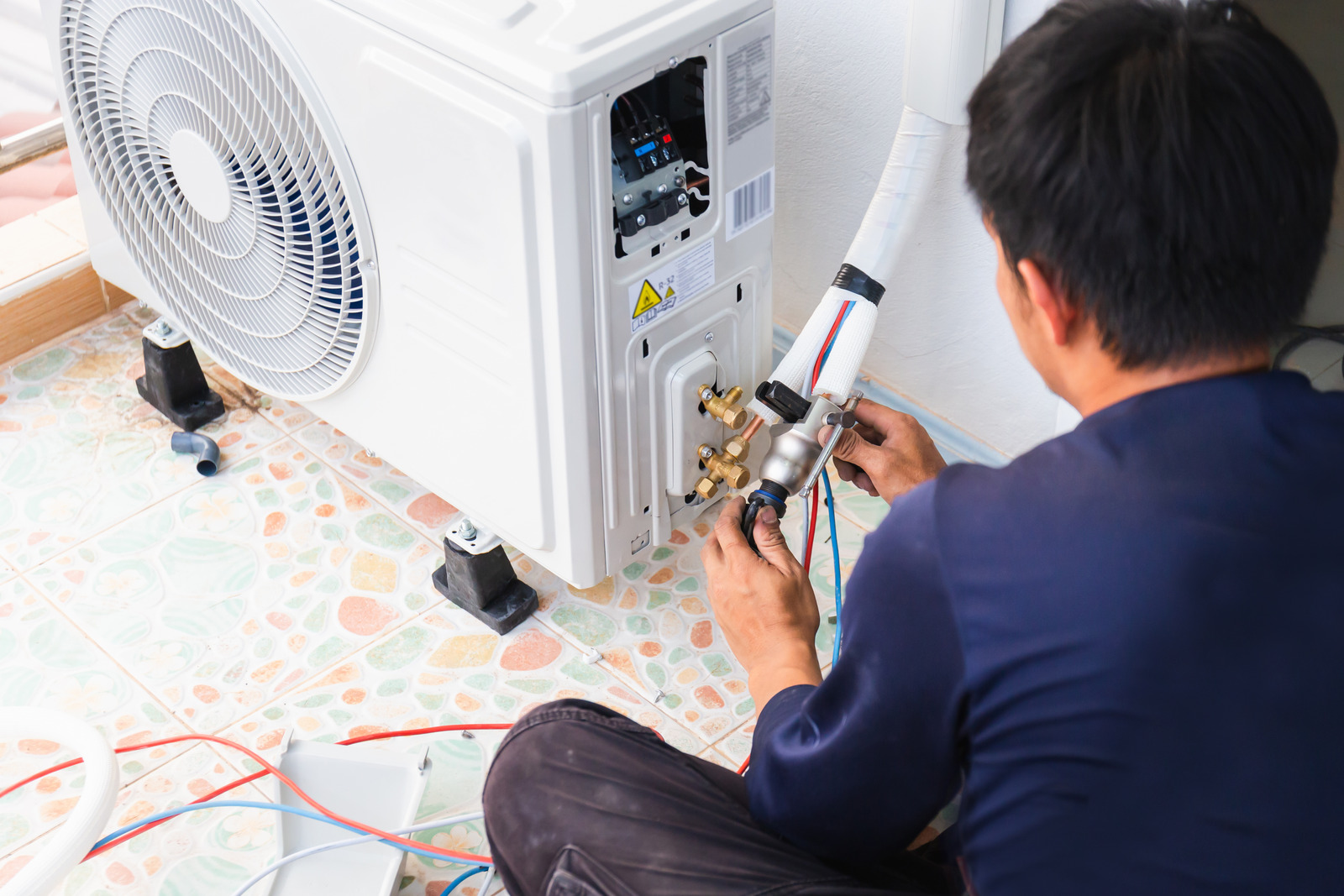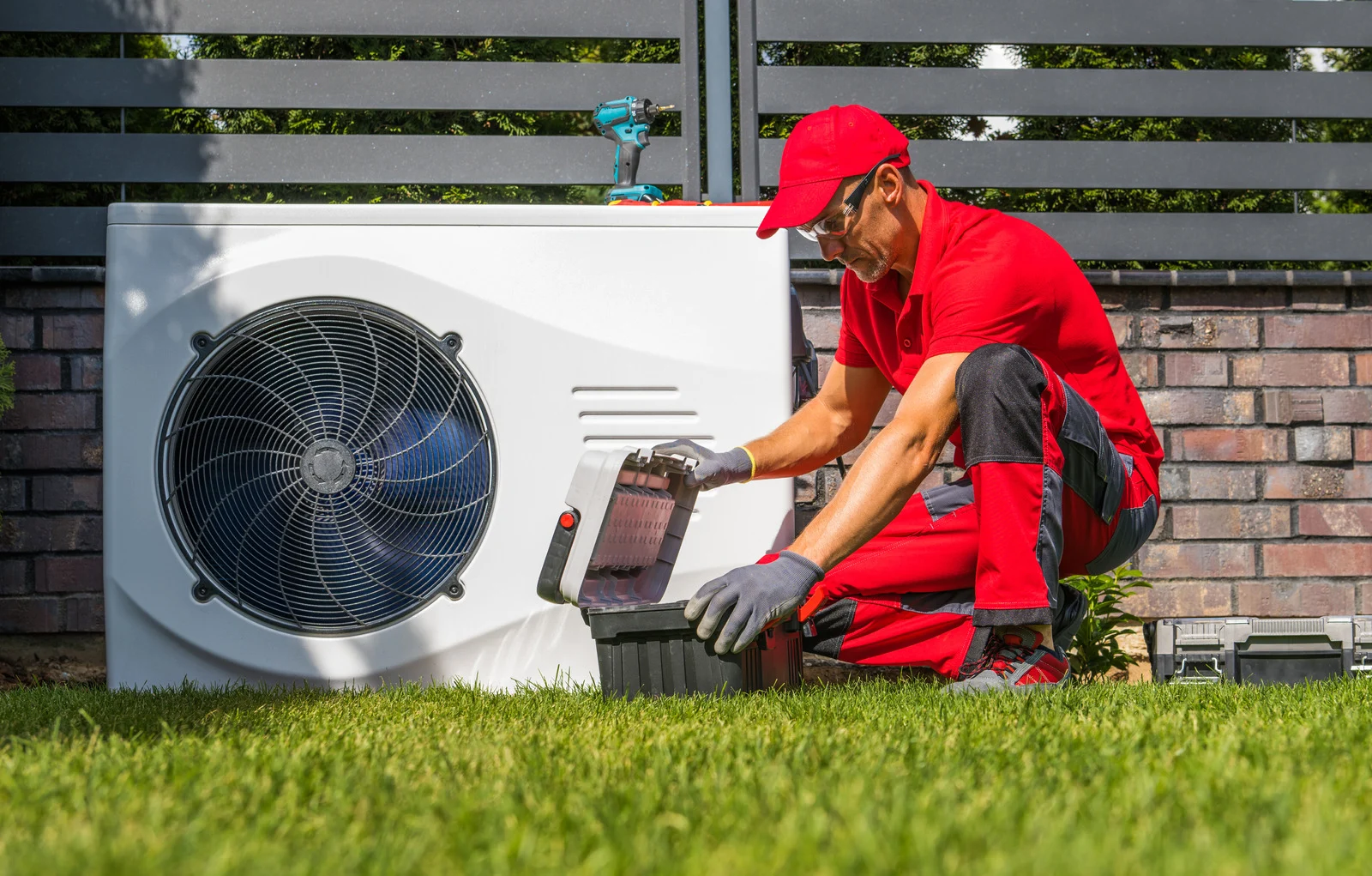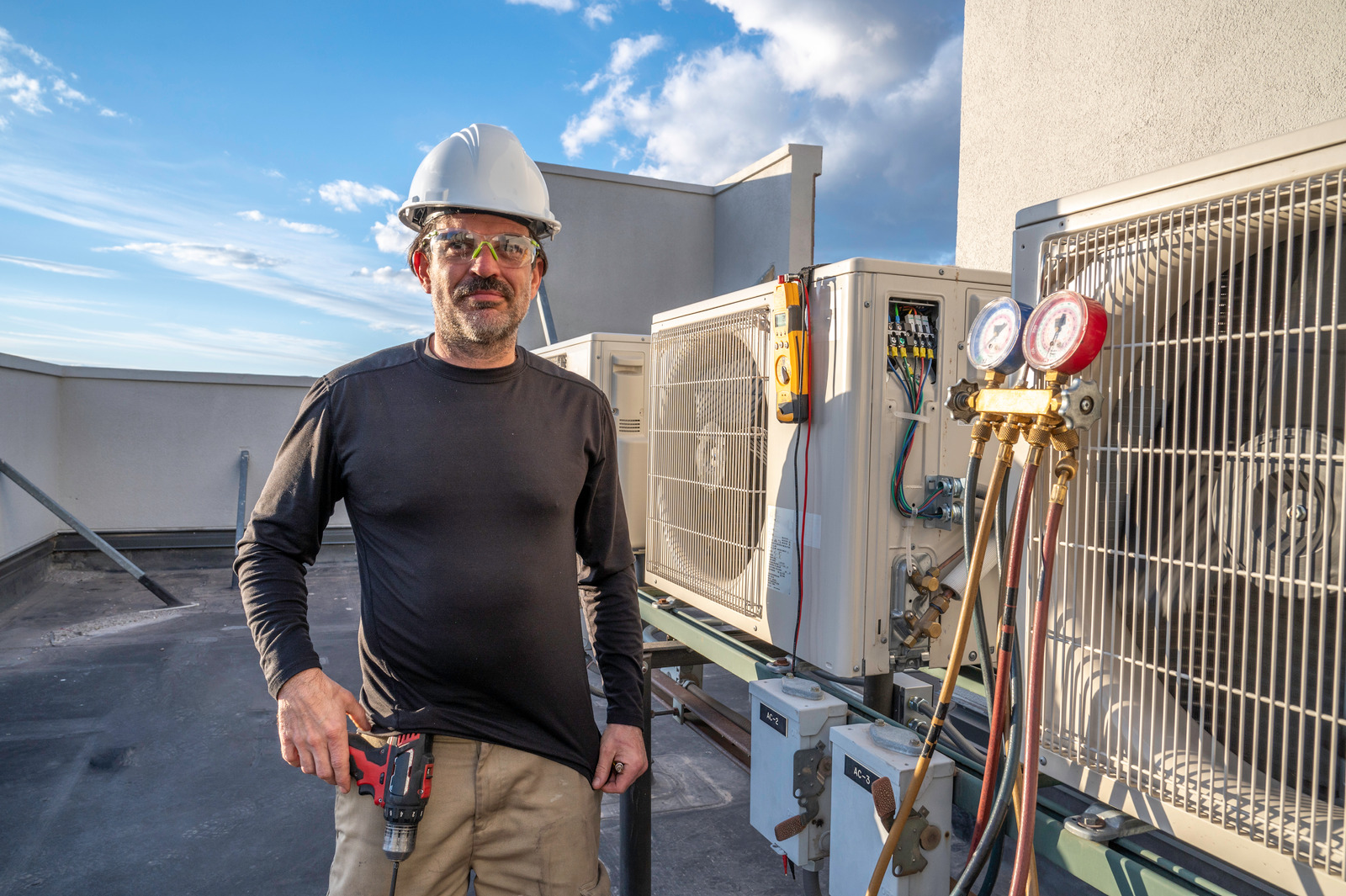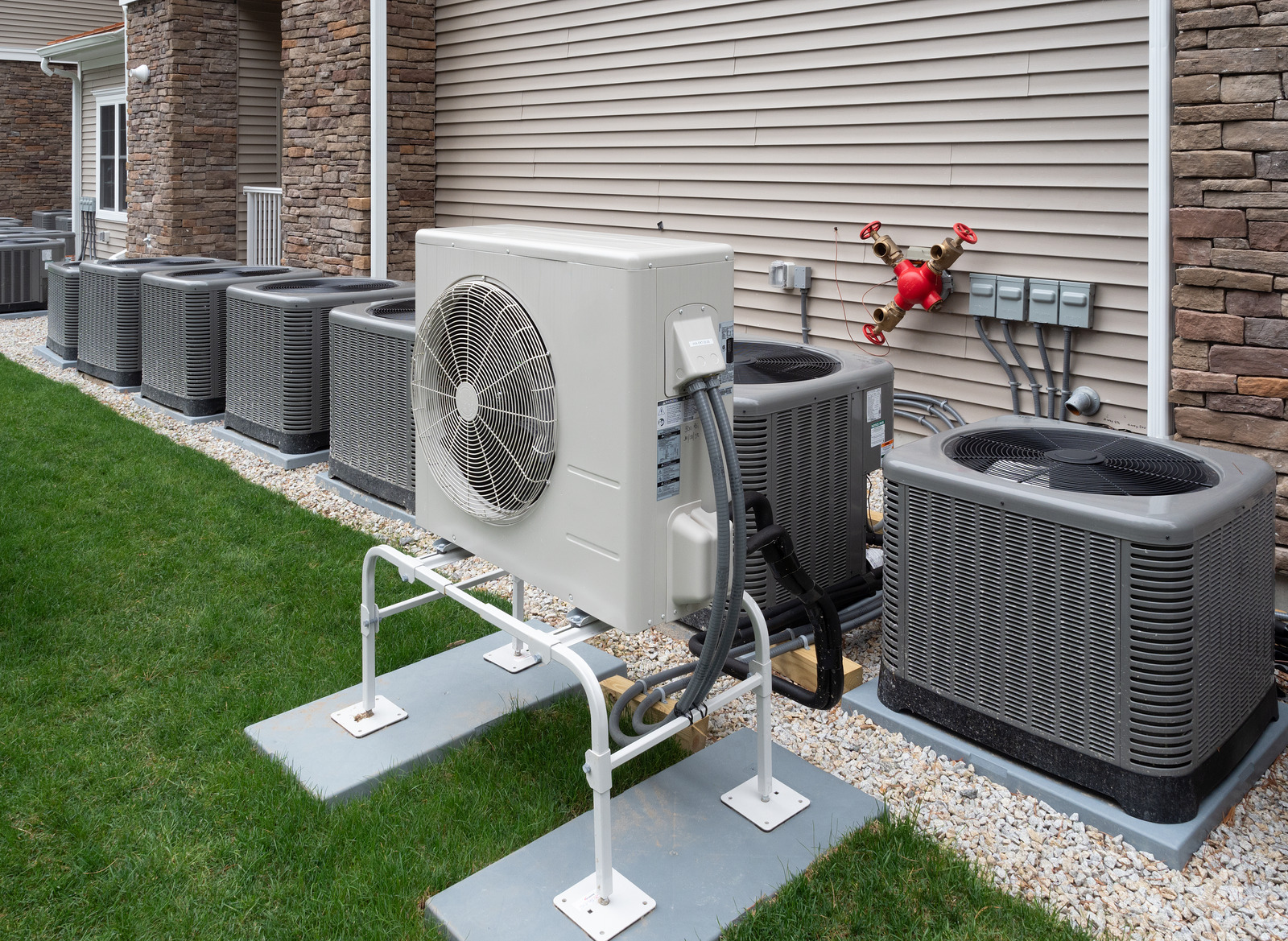Are you a Burnaby resident trying to get the best out of the heating and cooling system in your house? You may choose a heat pump or regular air conditioner (AC) based on your comfort preferences and budget by being aware of the distinctions between the two. Let’s explore the key features of each system, affordability considerations, and a guide to selecting the best option for you.
Air Conditioners: Cool Comfort on Demand
The purpose of air conditioners is to remove heat from the air and release it outdoors, therefore cooling indoor areas. To do this, they utilize a refrigerant cycle, which consists of an expansion switch, compressor, condenser, and exchanger. Usually, air conditioners are stand-alone devices with limited cooling capabilities. They are perfect for areas where cooling is the main issue, like Burnaby’s boiling summers
- Effective Cooling: Air conditioners are quite good at quickly relieving interior heat and humidity by cooling off large areas.
- Cheaper Initial Cost: Air conditioner installation in Burnaby costs are often cheaper than those of heat pumps.
- Maintenance Ease: Due to their generally simplistic design, air conditioners are easy for skilled Burnaby Heating and Cooling contractors to maintain and repair.
- Flexibility in Installation: Air conditioners can be installed in various settings, including homes, offices, and commercial spaces, providing flexible cooling solutions for different environments.
- Quiet Operation: With advancements in technology, many air conditioner models now offer quiet operation, ensuring minimal disturbance during use.

Things to Think About with Air Conditioners (AC)
Air conditioners are lifesavers during scorching summers, but before you dive headfirst into cool comfort, there are some important factors to consider.
- Limited Heating Capacity: For winter comfort, you’ll need a separate heating system because traditional air conditioners don’t have heating capabilities.
- Energy Efficiency: Modern air conditioners are more energy-efficient than heat pumps, but even so, they could still use more power, particularly in the summer when cooling demand is at its highest.
- Impact on the environment: If refrigerants from air conditioners are not managed and disposed of appropriately, they may contribute to ozone depletion and global warming.
Exploring the Versatility of Heat Pumps
Heat pumps are complex air conditioning and heating systems that are excellent at both cooling and heating. They do this by drawing heat from the outside air using a reverse refrigerant cycle. Because of their dual use, they are incredibly adaptable and comfortable all year round. Installation of heat pumps in Burnaby is an innovative heating and cooling system that offers homeowners a versatile and energy-efficient solution for year-round comfort. Unlike traditional HVAC systems, which rely on burning fossil fuels to generate heat, heat pumps work by transferring heat from one area to another, making them highly efficient and environmentally friendly. Let’s explore the benefits of heat pumps:
- Dual Function: Heat pumps eliminate the need for separate systems to provide all-season comfort by having the ability to heat in the winter and cool in the summer.
- Energy Efficiency: Heat pumps are recognized for their energy-efficient performance, as they transfer heat instead of producing it, leading to reduced utility costs.
- Environment Friendly: Heat pumps use refrigerants that are more sustainable since they have less of an impact on the environment than earlier AC models.

Understanding the Limitations of Heat Pump Systems
Heat pumps have gained popularity as energy-efficient and versatile heating and cooling systems for residential and commercial properties. However, like any technology, they also have their drawbacks to consider. In this guide, we will explore the disadvantages of heat pumps, providing insights into potential challenges and limitations homeowners may encounter. By understanding these drawbacks, you can make informed decisions about whether a heat pump is the right choice for your heating and cooling needs.
- Initial Cost: Because of their advanced technology and dual functionality, heat pumps may be more expensive initially than standalone air conditioning systems.
- Maintenance Complexity: Heat pumps require specialist expertise for maintenance and repairs due to their complex systems and greater number of components.
- Performance in Extreme Cold: Although contemporary heat pumps are made to function well in colder areas, their ability to provide heat can be impacted by extremely low temperatures.
- Reliance on Electricity: Heat pumps rely on electricity to operate, which means they may not be the most cost-effective option in areas with high electricity rates. Homeowners should consider their local utility costs and energy prices when evaluating the overall cost-effectiveness of a heat pump compared to other heating and cooling systems.

Cost-Effectiveness Comparison
Beyond the initial question of “cool air now” versus “year-round comfort,” the true battle between ACs and heat pumps lies in cost-effectiveness. While ACs might seem like a budget-friendly option upfront, several factors come into play over time that can significantly tip the scales in favor of heat pumps, especially for Burnaby residents. Let’s delve into the world of energy efficiency, utility rates, system lifespan, and maintenance costs to see how ACs and heat pumps stack up in the fight for your wallet and the environment.
- Energy Reduction: Particularly in areas like Burnaby with warm winters, heat pumps are typically more energy-efficient than air conditioners, resulting in cheaper long-term running expenses.
- Rates for Services: Take into consideration the natural gas and electrical utility prices in your area. Heat pumps may save a lot of money when gas is more expensive than electricity in some places.
- Duration of System Life: Over time, heat pumps can result in total cost savings since they frequently last longer than air conditioners.
- Upkeep and Repairs: Regular service may extend the life and efficiency of heat pumps and lower the need for expensive repairs, even if they may need advanced maintenance.
The choice between AC systems and heat pumps depends on your specific needs, budget, and long-term goals. While AC systems may offer lower upfront costs, heat pumps can provide greater energy efficiency and year-round comfort in Burnaby’s climate. Consulting with a reputable HVAC Contractor in Burnaby can help you assess your options and make an informed decision that suits your home and lifestyle.

